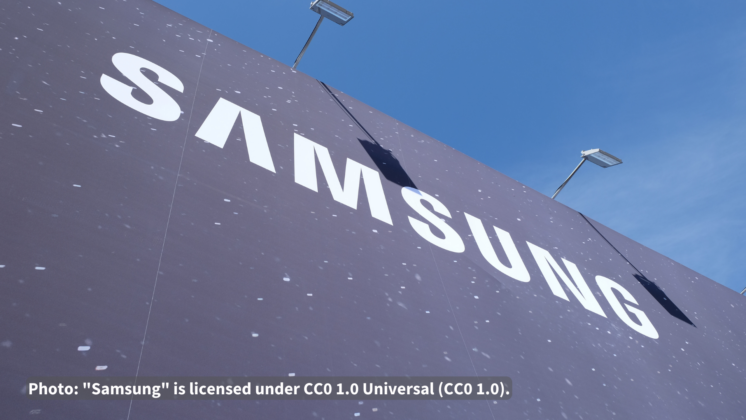Consumer electronics companies are increasingly using offshore partnerships to drive benefits beyond labor arbitrage. Such companies are leveraging offshoring to drive competitive advantage by tapping into specialized skills and expertise offered by developing economies in Asia, Africa and Latin America, according to the Everest Research Institute in a recent report. The offshore leverage for firms like IBM, front-end delivery staff in offshore centres as a percentage of workforce, has risen from 25-30% in 2007 to 35-40% in 2009.
According to a report by Everest Research Institute, entitled 'Outsourcing and offshoring trends in consumer electronics', the consumer electronics industry is intensely competitive on account of a combination of demand (e.g., changing needs and demographic profile of buyers, emerging markets’ needs, rapidly changing technology paradigm, rapid obsolescence of products) and supply (e.g., fluctuating input costs) factors. As a result, companies are under constant pressure to focus on cost efficiency and drive products and services innovation.
While most consumer electronics companies have widely acknowledged outsourcing and offshoring as an enabler of cost competitiveness, some of them are increasingly using offshore partnerships to drive benefits beyond labor arbitrage. Such companies are leveraging offshoring to drive competitive advantage by tapping into specialized skills and expertise offered by developing economies in Asia, Africa and Latin America. These companies have benefited by improving their operating performance and also have successfully created a platform to expedite their market entry and growth in these emerging markets.
The Everest Research Institute's analysis of outsourcing transactions confirms that the consumer electronics industry is a mature adopter of outsourcing and offshoring, and constitutes a key segment within the high-tech manufacturing industry from a global sourcing standpoint. The number of transactions across the years has been consistent and the average deal size has been growing consistently post 2005.
Against this backdrop, an understanding of outsourcing and offshoring adoption and trends in the consumer electronics industry is critical for buyers and suppliers alike. This market update analyzes outsourcing and offshoring activity, examines sourcing models and functional scope across leading consumer electronics companies, and captures emerging global sourcing trends in this vertical. Further, the report presents synthesized learnings on how leading consumer electronics companies have maximized value by leveraging global sourcing as an enabler to corporate strategy.
The analysis is focused on:
- Outsourcing contracts and trends in transaction announcement activity
- Sourcing models adopted by consumer electronics companies (i.e., third-party, captive landscape, JVs)
- Services scope, geographic focus and sourcing portfolios of consumer electronics majors
- Supplier landscape with a special feature on Engineering services and product development supplier landscape
- Perspectives on maximizing value from outsourcing & offshoring
Everest Research Institute has considered manufacturers of mobile hand held devices (e.g., Motorola, Sony Ericsson), home appliances (e.g., Sony, Philips, LG), computers (e.g., Dell, Epson, HP), audio (e.g., Harman, Pioneer), and imaging (e.g., Canon, Nikon, Fujifilm, HP) to be representative of the buyers in this industry.
A preview of the report is attached. The full 47-pages report is payable ($2,999).
Everest Research Institute is an independent research and analysis organization, founded by Everest Group to serve as a central source of strategic intelligence, analysis and insight for buyers, suppliers and investors in the IT and BPO marketplace. It was formed in response to the growing demand for actionable, fact-based information to help make better informed outsourcing and offshoring decisions. See website.











